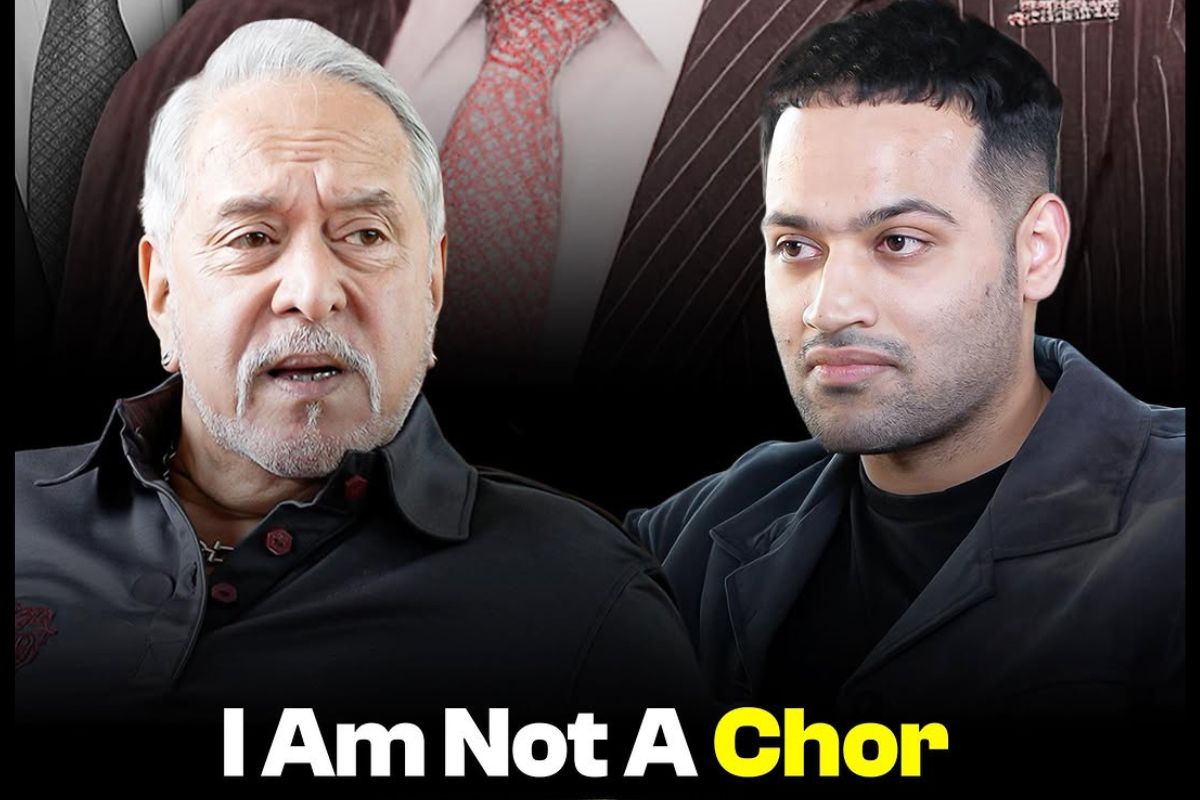Vijay Mallya, who was once famously referred to as the King of Good Times, has recently surfaced in public life with a four-hour-long podcast conducted by influencer Raj Shamani. The episode that has already racked up more than 20 million views offers Mallya's account of his financial meltdown, loan defaults, and legal wars. But does his account stand the test of facts?
Mallya's Claims vs. Reality
Throughout the podcast, Mallya maintains that he has paid back more than he had borrowed, explaining that he had availed loans amounting to ₹6,200 crore but repaid ₹14,000 crore. Financial books, however, paint a different picture. As per reports, the Debt Recovery Tribunal (DRT) held that his total dues, including interest and penalties, had swollen to ₹17,781 crore. Banks may have recovered ₹10,815 crore through the sale of assets, yet Mallya still owes close to ₹7,000 crore.
The Extradition Controversy
Mallya left India in 2016 on charges of financial fraud and money laundering. He says in the podcast that he did not "escape" but departed for an event after notifying then Finance Minister Arun Jaitley. Indian authorities canceled his passport shortly afterwards, moving to initiate extradition proceedings. In spite of several legal fights in the UK, Mallya continues to be outside, fighting his return.
Public Sentiment and Image Management
The podcast has been seen as a well-planned PR exercise, which is attempting to reconstruct Mallya's public image. His "bad luck" tale of business failure, as opposed to fraud, has impressed certain audiences. Critics, though, say that the podcast avoids major legal and financial inconsistencies, and presents Mallya as a victim instead of a perpetrator.
Conclusion: A Carefully Crafted Narrative?
Although Mallya's podcast provides some glimpse into his viewpoint, it does little to address the tough realities of his financial transactions. His assertions of complete repayment are still in dispute, and his extradition fight is ongoing. Whether this podcast is a sincere effort at openness or a deliberate attempt to influence public opinion is a question still up for debate.


Comments
Post a Comment